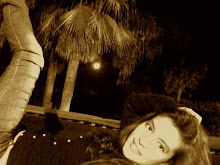1) Describe the debate over the nature of government. Compare the viewpoints of
Jefferson vs Hamilton.
The debate of governmental nature lasted until the 1780, passed George Washington's administration.
Jefferson:
Favored a strict construction or interpretation of the Constitution.
(Government only use the the implied powers of the Constitution when it was urgent.
Had faith in the people than in the government. From his perspective Hamilton was betraying the ideals of the American Revolution.
Hamilton:
Preferred a Loose Constitution.
(Government could use the implied power of Constitution as long as they were not expressly prohibited by the Constitution).
Had little faith in his people, and was supporter of strong national power.
2) What is a political party?
" A political party is a group of people who seek to win elections and hold public office in order to control government policy and programs" (91)
In other words, is a group of people who have the same ideas about how a country should work. It tries to obtain and keep political power within the government.
3) Describe John Adams presidency. What were some of the difficulties he faced?
John Adams faced "the difficult task of trying to govern a young country in which party differenced were growing wider and wider " (91). He also faced the threat of war with France because the French were angry about Jay's Treaty with the British and started taking American ships in French harbor. Adams sent secret agents to negotiate with the revolutionary government.
When they arrived to Paris the American officials were met by the secret agents (X, Y, Z).
